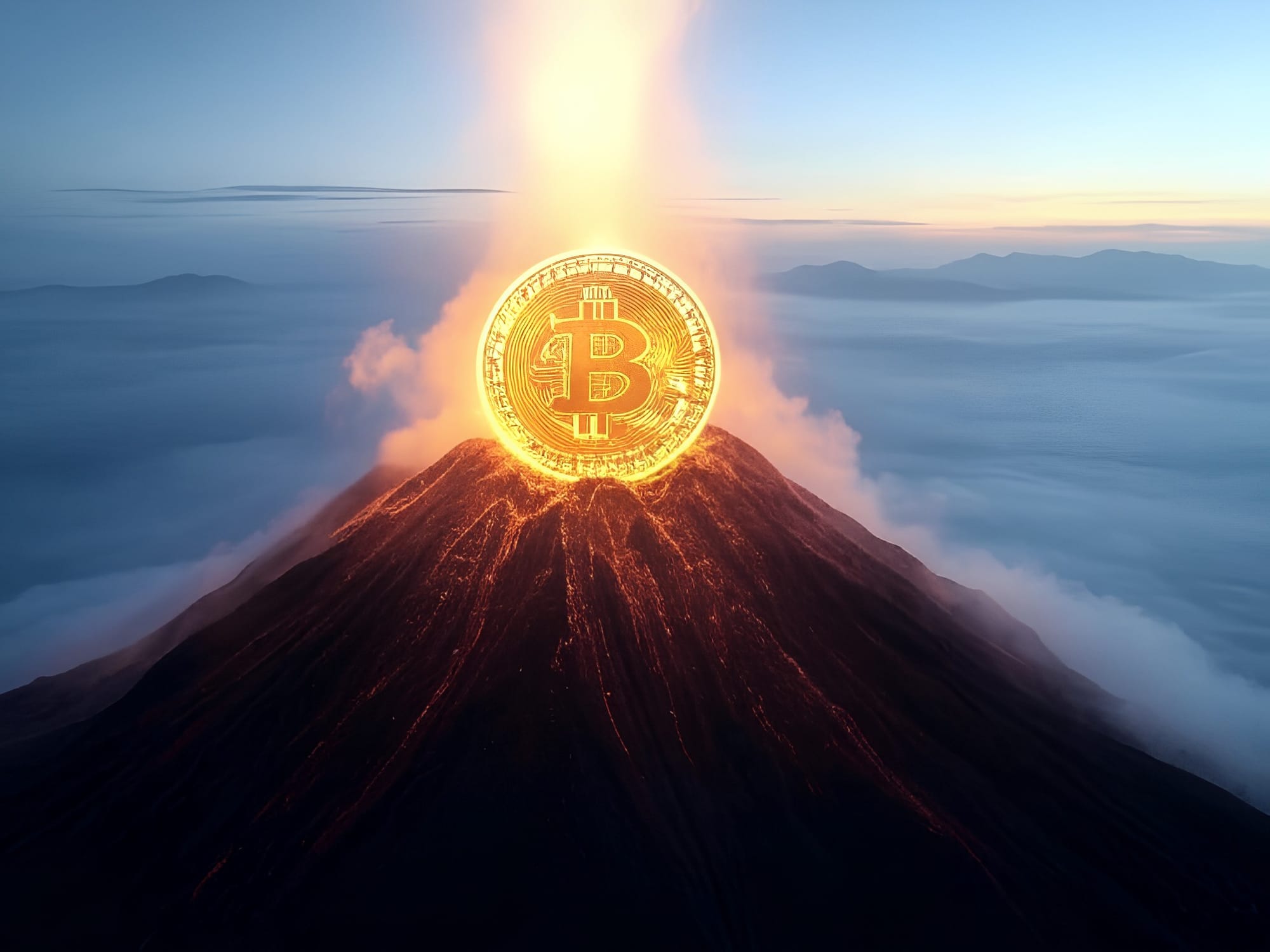El Salvador Harnesses Volcanic Power for Sustainable Bitcoin Mining

In the heart of Central America, El Salvador has embarked on an innovative venture that intertwines the digital economy with one of nature's most formidable forces: a volcano. This small nation has successfully mined 474 Bitcoins, amassing a value of $29 million, by harnessing the geothermal energy from the Tecapa volcano. This approach not only showcases a novel method of Bitcoin mining but also sets a precedent for sustainable practices within the cryptocurrency sector.
The process involves 300 mining machines operating solely on the geothermal steam energy generated by the Tecapa volcano. The state-run energy facility, which produces a significant 150 megawatts of power, allocates 1.5 megawatts specifically for this Bitcoin mining operation. This use of geothermal energy, which is both clean and renewable, marks a significant departure from the traditional, energy-intensive mining methods that often rely on fossil fuels, thereby contributing to environmental degradation.
The Environmental Impact and Innovation
Bitcoin mining has long been criticized for its substantial environmental footprint, primarily due to the vast amounts of electricity required to process transactions and secure the network. Traditional mining operations often utilize ‘dirty’ energy sources like coal and natural gas, leading to increased carbon emissions and exacerbating global warming. However, El Salvador's approach could signal a shift towards more sustainable practices in the industry.
The decision by El Salvador to leverage geothermal energy for Bitcoin mining came after the country made headlines in 2021 by becoming the first in the world to adopt Bitcoin as legal tender. Under the guidance of President Nayib Bukele, known for his advocacy of cryptocurrency, the government established a dedicated Bitcoin office to facilitate mining and promote its use.
This initiative has not only economic implications but also environmental ones. By using geothermal energy, El Salvador demonstrates a model where Bitcoin can be part of a greener economy. The move has sparked interest from environmentalists and tech enthusiasts alike, highlighting a potential pathway where technology and nature can coexist more harmoniously.
Despite the positive aspects, the environmental debate surrounding Bitcoin mining continues globally. Many regions have resisted new mining facilities due to concerns over pollution and energy consumption. However, El Salvador's experiment offers a counter-narrative, suggesting that with the right approach, the environmental impact can be minimized if not entirely mitigated.
Innovations continue to evolve in this space, with researchers from Stanford University, for instance, developing applications aimed at reducing the energy footprint of mining. Such advancements, combined with El Salvador's geothermal strategy, might pave the way for a new era of eco-friendly Bitcoin practices.
As the world watches, El Salvador's volcanic Bitcoin mining project stands as an example of how technological innovation can align with environmental stewardship, potentially influencing future practices in the cryptocurrency sector worldwide.

